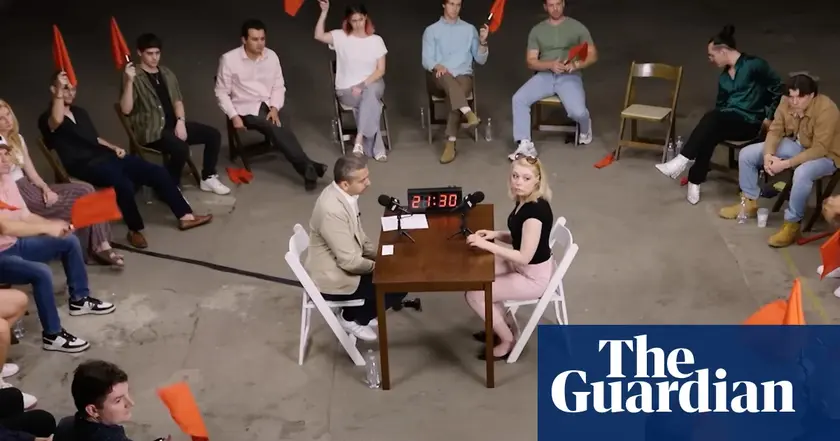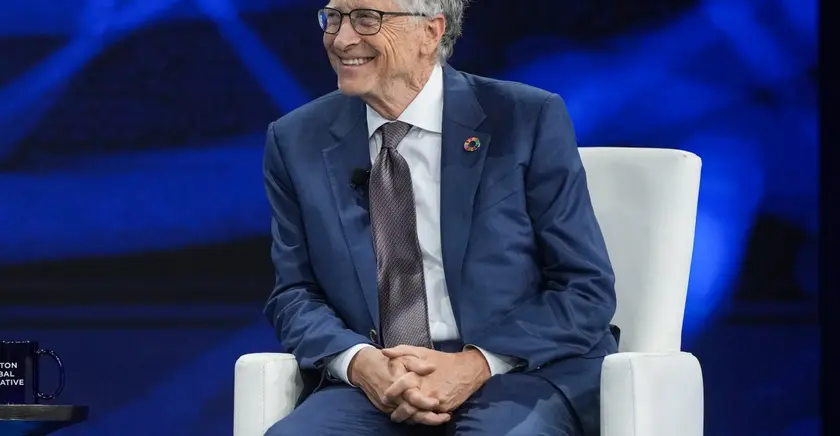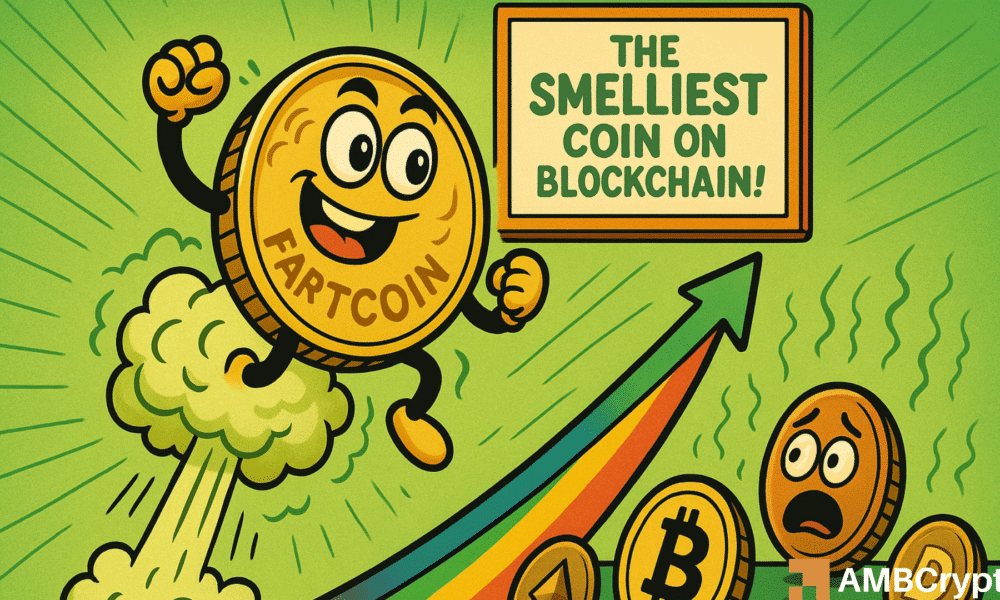T4K3.news
Mehdi Hasan on Surrounded draws global attention
Mehdi Hasan’s Surrounded appearance pulls Jubilee into the spotlight and sparks debate over online debate formats.

Mehdi Hasan’s appearance on Surrounded and Jubilee Media’s format raises questions about empathy, monetization, and the future of online public discourse.
Mehdi Hasan on Surrounded Highlights Jubilee Media Bold Play
Mehdi Hasan appeared on Surrounded, Jubilee Media’s debate series, facing 20 far right conservatives while one participant challenged him on his ethnic background. The episode has drawn broad attention and more than 10 million views, pushing Jubilee into mainstream media conversations. Jubilee began as a non profit in 2010 and has grown by turning contentious topics into short, clip friendly segments that attract younger viewers. Hasan says the experience showed him the power and risks of this format and that he could not have anticipated the reach.
The show has hosted other provocative match ups such as Flat Earthers vs Scientists and Can 25 Liberal College Students Outsmart 1 Conservative. Critics argue the format rewards extreme takes and meme worthy moments over nuance. Jubilee founder Jason Y Lee has framed the project as a new form of discourse, while industry watchers warn that the platform benefits from rage driven content and scale driven metrics. Hasan has a long running critique of how traditional media handled debate and sees a space now filled by online platforms that can amplify unorthodox views. He acknowledges some regrets about not learning more about the debaters beforehand, while defending his overall participation and asking whether the format has lasting value.
Key Takeaways
"Empathy, in the Jubilee context, is standing for voyeurism and curiosity about other human beings."
Spencer Kornhaber commenting on the format’s moral appeal
"Mainstream media did such a shit job of facilitating debate and giving a platform to people with unorthodox views."
Hasan describing the media landscape he blames for the current format
"We live in a meme-ified culture of politics."
Imani Barbarin reflecting on how online culture frames debate
"Maybe ask me in five years."
Hasan acknowledging the uncertainty about the format’s value
The piece spotlights a broader shift in how public conversation happens. Jubilee packs debates into short, highly shareable clips that reward punch lines over careful argument. That business model can broaden access to political discussion but also fuels sensationalism. Critics worry the platform may undermine empathy and civil discourse as engagement rises with extreme content. Hasan frames the debate as a balancing act between openness and guardrails, a tension that traditional media faced and now transfers to online venues. The question for audiences is whether this format can sustain meaningful dialogue or devolve into spectacle.
Highlights
- Empathy is standing for voyeurism and curiosity about other human beings.
- Mainstream media did such a shit job of facilitating debate and giving a platform to unorthodox views.
- We live in a meme lized culture of politics.
- Maybe ask me in five years.
Backlash risk over rage driven content
The format invites extreme voices and sensational moments, which can provoke political backlash, erode trust, and raise investor concerns about the long term sustainability of Jubilee’s business model.
The true test is whether such formats can foster understanding without normalizing anger as the price of viewership.
Enjoyed this? Let your friends know!
Related News

Far-right organizer exposed in Mehdi Hasan debate

Bill Gates sets ambitious plan for accelerated giving

Fartcoin gains attention in crypto community

Awdah Hathaleen Murder Sparks Global Justice Demand

Dubai royal engagement

Back pain affects millions globally

Gaza flotilla returns to port after storm

Significant Bird Flu Outbreaks Reported Worldwide
